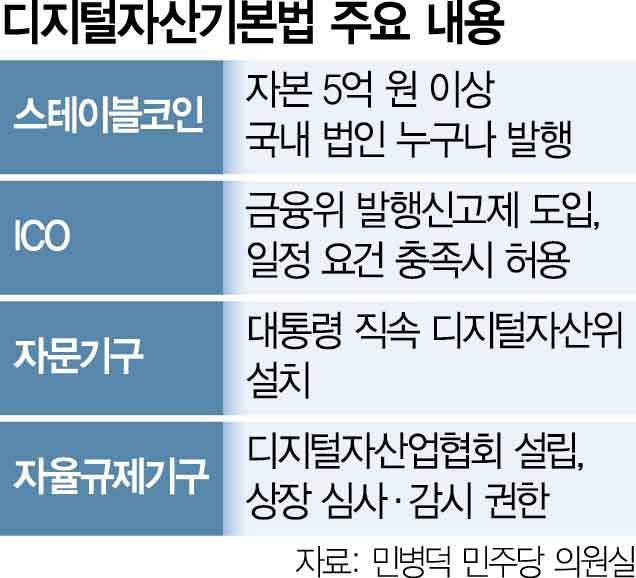
Hong Kong is emerging as a key hub for the Asian digital asset market by implementing a new system that legalizes stablecoin issuance starting August 1st.
According to the South China Morning Post (SCMP) on the 9th, Daniel Zha, Managing Director of Futu, Hong Kong's largest online securities firm, said, "Investment activities related to stablecoins on our platform are noticeably increasing" and "The importance of this field is rapidly emerging".
This law is being implemented ahead of the United States and the more conservative mainland China, and is evaluated as a symbolic measure showing Hong Kong's determination to foster digital finance.
Online Securities Firms Also Entering Successively
Wu Tianhua, CEO of online securities platform Tiger Brokers, recently stated in a briefing that "Demand for connecting Web2 and Web3 is surging" and "We are moving forward to build a one-stop digital asset platform". Tiger recently introduced Tether (USDT) and Bitcoin as deposit methods.
Some securities firms, including Futu and Tiger, have expanded their licenses from the Hong Kong Securities and Futures Commission (SFC), enabling them to provide virtual asset trading services to customers. Tiger's subsidiary YAX was approved as a virtual asset trading platform earlier this year and is preparing services for retail customers.
Circle IPO Effect Raises Market Expectations
Recently, the stablecoin industry attracted investor interest as Circle from the United States successfully completed an IPO worth $1.1 billion. This trend, coupled with Hong Kong's system introduction, is further raising expectations for the digital asset market.
According to Hong Kong's new law, stablecoin issuers must obtain a formal license from the Hong Kong Monetary Authority (HKMA) and meet strict reserve asset and capital requirements. The intention is to maintain financial stability while encouraging innovation.
Catherine Kow, Chairman of the Hong Kong Securities Association, said, "As asset deposits based on stablecoins expand, funds will also flow more actively into traditional assets such as US or Hong Kong stocks" and "This will have a positive impact on the overall market liquidity".






